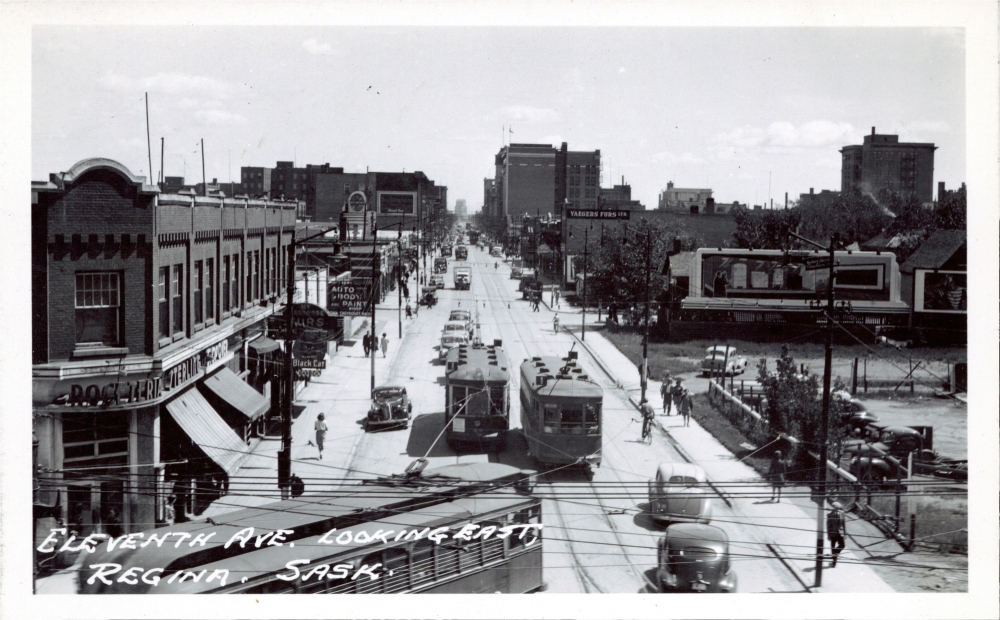
Jews had settled in small communities throughout Western Canada for decades before the Second World War. Some came as farmers, others ran small stores that catered to the Eastern European immigrants. The larger cities of Vancouver, Edmonton, Calgary, Regina and Saskatoon all had flourishing communities well into the 1930s.
When Regina became the capital of Saskatchewan in 1906, it had a small Jewish community with a strong Yiddish cultural base. In 1948, the city's population of over 900 Jews welcomed 14 young survivors through the Canadian Jewish Congress' War Orphans Project. Two survivors, Miriam Levinger from Hungary and Jack Zavadzki from Poland, got married and remained active in the community until their deaths. Survivors who settled in Regina and other western cities mostly kept their pasts to themselves, perhaps due to a lack of support and organisations for survivors in those regions. Few people in their communities knew their stories or experiences from the Holocaust.
